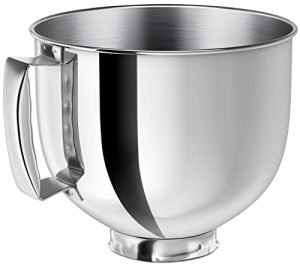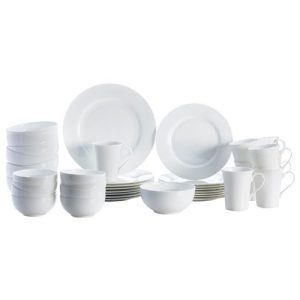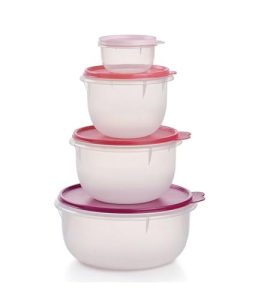If you’re a coffee lover, you know the joy of waking up to the aroma of freshly brewed coffee. But have you ever noticed a Prop 65 warning on your coffee maker and wondered what it means?
Maybe you’re concerned about the safety of your morning ritual. You’re not alone. Many people are curious and a bit anxious when they see this warning. Is your coffee maker safe to use? Why do some have this warning while others don’t?
These are important questions, and understanding the answers can help you make informed decisions. This article will unravel the mystery behind the Prop 65 warning and what it means for your coffee maker, ensuring peace of mind with every cup you brew. Stay with us to discover the facts you need to know.
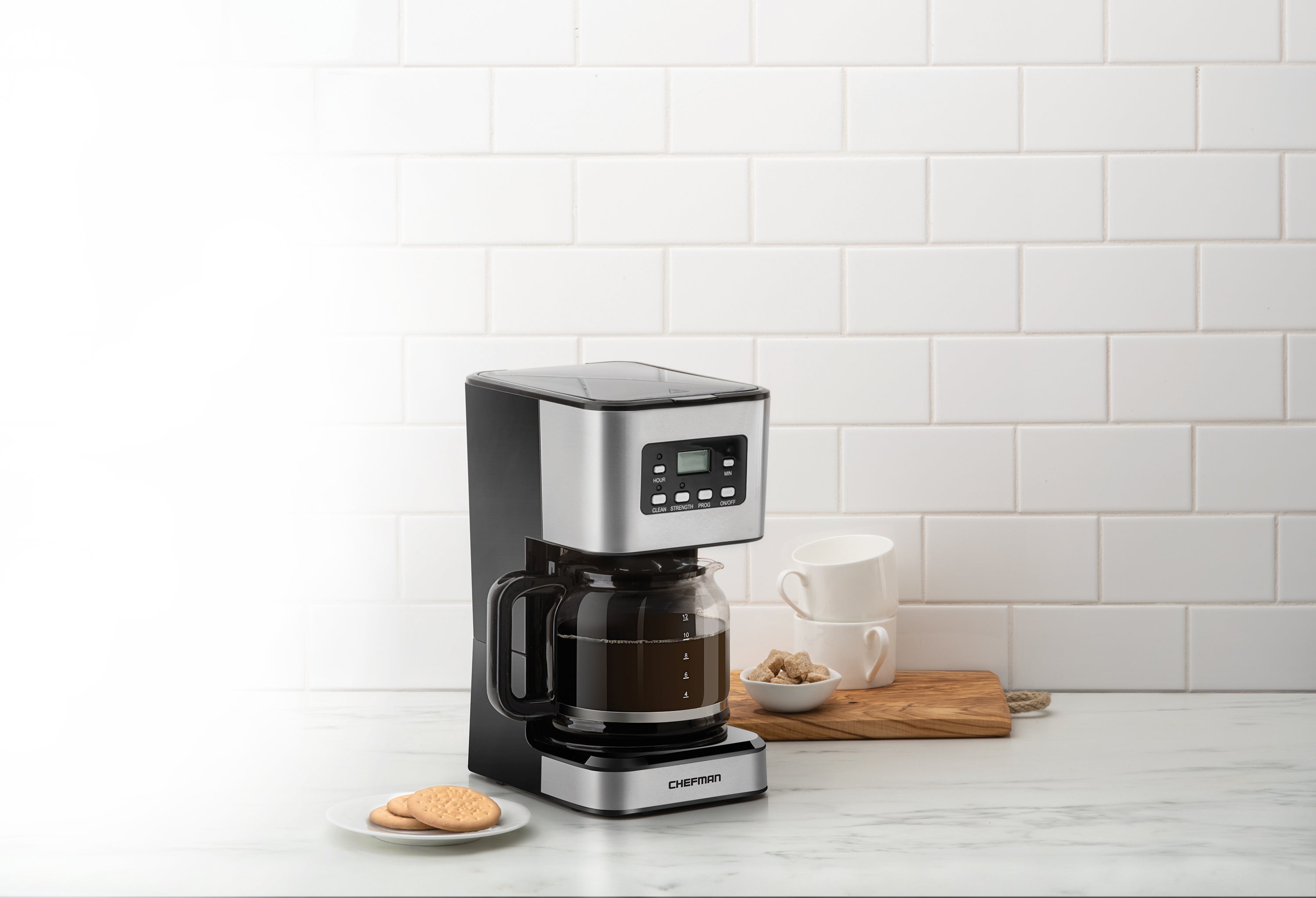
Credit: chefman.com
Prop 65: An Overview
Prop 65 is a law in California. It impacts many products sold there. You might see warnings on various items, including coffee makers. These warnings alert consumers about chemicals that might cause cancer or reproductive harm. Understanding Prop 65 helps consumers make informed choices.
Origins Of Prop 65
Prop 65 started in 1986. California voters approved it to protect public health. The law’s official name is the Safe Drinking Water and Toxic Enforcement Act. It aims to reduce exposure to harmful chemicals in products. Businesses must inform consumers about potential risks.
Purpose And Impact
The main goal of Prop 65 is transparency. It helps consumers know which products contain harmful chemicals. This law encourages companies to reduce toxic substances in their products. It also impacts product labeling and marketing strategies. Consumers can make safer choices thanks to Prop 65.
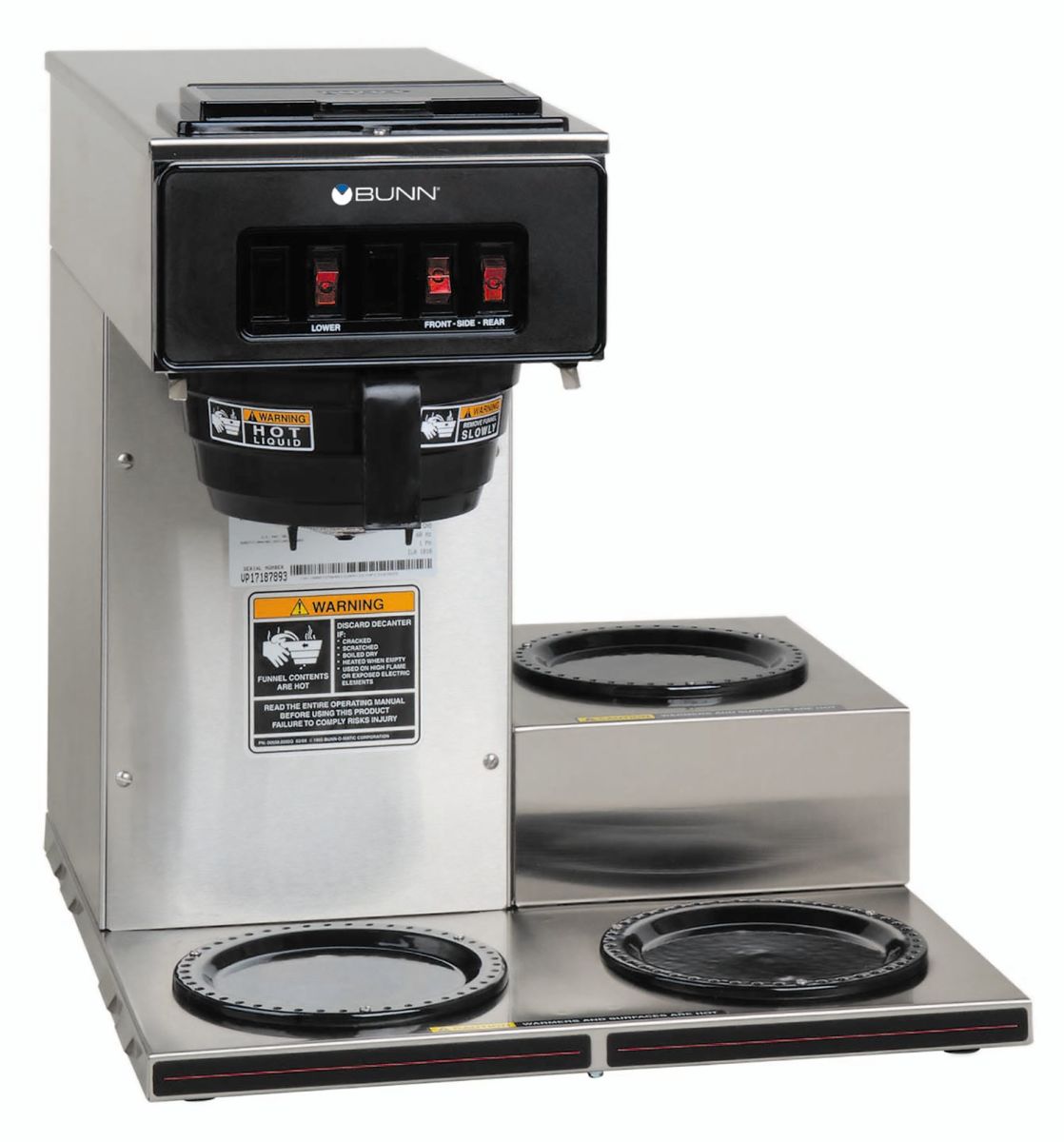
Credit: commercial.bunn.com
Coffee Makers And Prop 65
Many coffee makers have a Prop 65 warning. This label comes from California’s Proposition 65. It alerts consumers about chemicals causing cancer or reproductive harm. The law requires businesses to warn if their products contain such chemicals. Coffee makers may have parts with these chemicals. But not all coffee makers have this warning. It’s crucial to understand why some do.
Common Chemicals In Coffee Makers
Certain chemicals in coffee makers trigger Prop 65 warnings. One common chemical is acrylamide. It forms when coffee beans roast. Another is lead. It might be found in some coffee maker parts. BPA, used in plastics, can also be present. These chemicals can pose health risks. Knowing about them helps make safer choices.
Health Risks Linked To Coffee Makers
Acrylamide has links to cancer. High levels may increase risk. Lead exposure affects brain development. It is especially harmful to children. BPA can disrupt hormones. It may lead to reproductive issues. These risks make the Prop 65 warning important. It encourages consumers to be cautious. Understanding these risks aids informed decisions.
Coffee Makers Under Scrutiny
In recent years, coffee makers have come under scrutiny due to Proposition 65 warnings. This California law mandates businesses to disclose the presence of chemicals known to cause cancer or reproductive harm. As a result, some coffee makers feature Prop 65 warnings, raising questions about safety and compliance.
Manufacturers’ Compliance
Manufacturers face the challenge of complying with Prop 65 regulations. They must ensure their products don’t exceed safe levels of chemicals. Brands often conduct rigorous testing and reformulate products to meet standards.
Many companies opt to include Prop 65 warnings to avoid legal disputes. This doesn’t necessarily mean the product is unsafe. It’s a precaution, often misunderstood by consumers.
Have you ever noticed a Prop 65 warning on your coffee maker? It might make you wonder about the safety of your favorite morning brew.
Consumer Awareness
As a consumer, awareness is key. Knowing what Prop 65 warnings signify can help you make informed choices. It’s vital to understand that these warnings are not exclusive to coffee makers.
Products ranging from electronics to furniture may carry similar labels. This widespread practice is about transparency and safeguarding public health.
Think about how often you check labels. Do warnings influence your purchase decisions? It’s interesting to consider how these labels shape consumer trust and behavior.
Staying informed empowers you. Understanding Prop 65 helps navigate the marketplace with confidence.
Next time you shop for a coffee maker, consider both the product’s features and its safety disclosures. It’s a balance between enjoying your coffee and ensuring peace of mind.
Alternatives To Prop 65-compliant Coffee Makers
Not all coffee makers carry a Prop 65 warning. Many brands offer alternatives that focus on health and safety. Exploring these options ensures your morning brew is both satisfying and safe.
When you think about your morning coffee, the last thing on your mind might be a Prop 65 warning. But what if you could enjoy your coffee without those concerns? Many coffee makers come with a Proposition 65 warning due to the materials used. Luckily, there are alternatives that can help you brew a safer, healthier cup without sacrificing taste. Let’s explore some options that are both environmentally friendly and safe for your health.Eco-friendly Options
If you’re concerned about the environmental impact of your coffee maker, consider models that focus on sustainability. Look for machines made from renewable resources or those that use less energy. French presses made of glass and stainless steel are excellent choices. Many brands now offer coffee makers with biodegradable components. These options ensure that your coffee habit doesn’t contribute to landfills. You might even find solar-powered coffee makers, which make a great conversation starter. How committed are you to reducing your carbon footprint? Switching to a more eco-conscious coffee maker could be a simple yet impactful step.Safe Materials
Choosing a coffee maker made from safe materials is crucial for your health. Stainless steel and glass are excellent choices as they do not leach harmful chemicals into your brew. These materials are durable and easy to clean, making them practical for daily use. Another option to consider is ceramic. Ceramic coffee makers do not react with your coffee, preserving its flavor. Plus, they often come in stylish designs that can complement your kitchen decor. Have you checked what your current coffee maker is made of? It might be time to explore safer alternatives that can enhance your coffee experience. In your quest for a Prop 65-free coffee maker, remember that safety and sustainability don’t have to compromise taste or style. Your morning brew should be as enjoyable as it is safe.Evaluating Safety Claims
Evaluating the safety claims around coffee makers and Prop 65 warnings can feel like navigating a maze. With the complexity of regulations and science, it’s easy to get lost. Yet, understanding these claims is crucial for making informed choices about your kitchen gadgets. Have you ever wondered why some coffee makers come with warnings while others don’t? Let’s dive into the facts and insights that can help you make sense of it all.
Research And Studies
Scientific studies play a significant role in determining safety risks. Researchers have examined the materials used in coffee makers to identify potential health hazards. Some studies suggest that certain components may release chemicals like lead or BPA, which are linked to health risks.
However, not all coffee makers are created equal. Brands invest in safer materials and manufacturing processes. Reading about these studies gives you a clearer picture. Are there particular brands or models that prioritize your safety?
Regulatory Perspectives
Prop 65, officially known as the Safe Drinking Water and Toxic Enforcement Act, requires businesses to provide warnings about significant exposures to chemicals that cause cancer or reproductive harm. Not every coffee maker falls under this regulation.
Regulatory bodies evaluate each product individually. They consider factors like chemical composition and exposure levels. Some coffee makers might not need warnings because their risk levels are deemed low.
It’s essential to understand these regulatory distinctions. They help you assess whether your coffee maker truly poses a risk. Do you feel more confident about your morning brew knowing these facts?
Evaluating these safety claims is empowering. By understanding research and regulations, you can make choices that align with your health priorities. Next time you shop for a coffee maker, you’ll have the knowledge to ask the right questions and demand transparency. Are you ready to enjoy your coffee with peace of mind?
Navigating Consumer Choices
Not all coffee makers carry the Prop 65 warning. This warning relates to chemicals causing cancer or birth defects. Checking product labels helps consumers make informed choices about potential risks.
Navigating consumer choices can often feel like a maze, especially when it comes to understanding warnings like California’s Prop 65. This warning is seen on many products, including coffee makers, and can leave you wondering about the safety of your morning brew. As a coffee lover, it’s crucial to make informed decisions about the appliances you use daily.Reading Labels
When you purchase a coffee maker, take a close look at the label. Prop 65 warnings are there to inform you about chemicals that might cause cancer or reproductive harm. But remember, not all coffee makers carry this label. If you notice the warning, it doesn’t necessarily mean the product is unsafe to use. Manufacturers are required to label any product that might expose consumers to these chemicals, no matter how small the risk. So, understanding what the label implies can help you decide better.Making Informed Decisions
Before buying a coffee maker, research the materials used in its construction. Stainless steel or glass options are often viewed as safer choices compared to some plastics. This can help you minimize exposure to unwanted chemicals. Consider reading online reviews or asking friends about their experiences. Your friend’s favorite coffee maker might be a safer and more reliable choice than an unfamiliar brand. Think about your priorities. Is the convenience of a particular model worth the potential risk? Balancing safety with functionality can lead you to a decision that suits both your health and lifestyle.
Credit: www.reddit.com
Frequently Asked Questions
Why Does My Coffee Maker Have A P65 Warning?
The P65 warning indicates your coffee maker may contain chemicals linked to cancer or reproductive harm, as per California regulations. It’s part of Proposition 65, requiring businesses to disclose such potential risks. Always follow manufacturer instructions to minimize exposure.
Should I Worry About Plastic In A Coffee Maker?
Plastic in coffee makers can leach harmful chemicals like BPA when heated. Opt for stainless steel or glass models for safety. Regularly check for BPA-free labels and maintain your coffee maker to minimize risks. Choosing safer materials ensures a healthier brew and peace of mind.
Does Coffee Have Prop 65 Warning?
Coffee may have a Prop 65 warning in California. This is due to acrylamide, a chemical formed during roasting. Businesses must display warnings if exposure levels exceed safe limits. The warning informs consumers about potential cancer risks. Always check packaging or signage for specific warnings.
Does Keurig Have Prop 65 Warning?
Yes, Keurig products have a Prop 65 warning. This California law requires warnings for chemicals causing cancer or reproductive harm. Always check product labeling for details.
Conclusion
Not all coffee makers have Prop 65 warnings. It’s important to check labels. Prop 65 alerts consumers to potential risks. Some coffee makers may contain chemicals. These chemicals could pose health concerns. Always read the product description. Awareness helps make informed choices.
Choosing safer products protects your health. Research helps identify safer options. Consider materials used in coffee makers. Stainless steel and glass are often safer choices. Take time to understand product safety. Your health matters most. Knowledge empowers better decisions. Stay informed and choose wisely.
Your morning coffee should be safe. Enjoy peace of mind with every sip.

